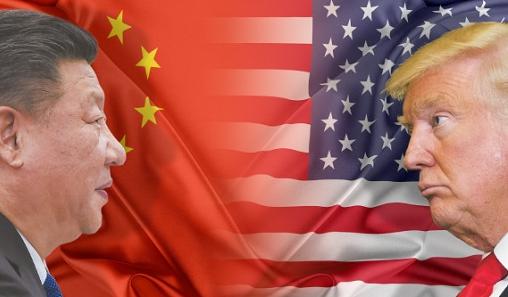
Shen Dingli, Professor, Institute of International Studies, Fudan University
Feb 16, 2017
The US President Donald Trump talked to Chinese President Xi Jinping last week. In the White House press readout, the call was termed as “lengthy” and “cordial”. At Trump’s press conference with Japanese Prime Minister Shinzo Abe a day later, he described his conversation with Chinese counterpart on the phone as “very warm”.
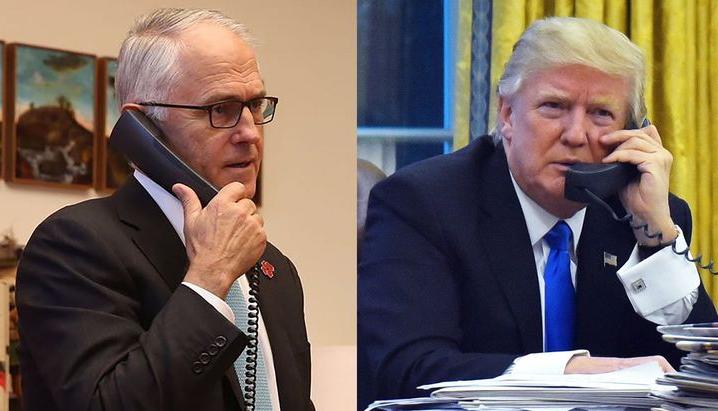 Trump’s Testy Telephone Call with Australia’s Prime Minister: A Portent of Washington’s Treatment of
Trump’s Testy Telephone Call with Australia’s Prime Minister: A Portent of Washington’s Treatment ofTed Galen Carpenter, Senior Fellow, Randolph Bourne Institute
Feb 15, 2017
Donald Trump’s contentious telephone conversation with Australian Prime Minister Malcolm Turnbull caused worried reactions in the United States. Washington’s behavior will consist more of abrasive demands rather than requests and quiet diplomacy. Trump’s America First policy means giving highest priority to U.S. interests, not maintaining cordial alliance relations. That is a major change that Washington’s partners in East Asia and Europe will have to face.
Richard Weitz, Senior Fellow, Hudson Institute
Feb 15, 2017
Political, pragmatic, and bureaucratic factors have been pushing Trump to pursue more traditional foreign and security policies. His response to the North Korean missile launch, meeting with visiting Japanese Prime Minister Shinzo Abe, and recognition of the One China principle resembled those of previous presidents. However, Trump still has major differences with Japan and China, while his continuing Obama’s North Korean policy of castigating the regime, working with other countries like China to apply additional sanctions, deploying regional missile defenses, and refusing to engage with Pyongyang until it recommits to ending its nuclear program will likely still not yield appreciable results besides giving North Korea time to perfect its nuclear and missile capabilities.
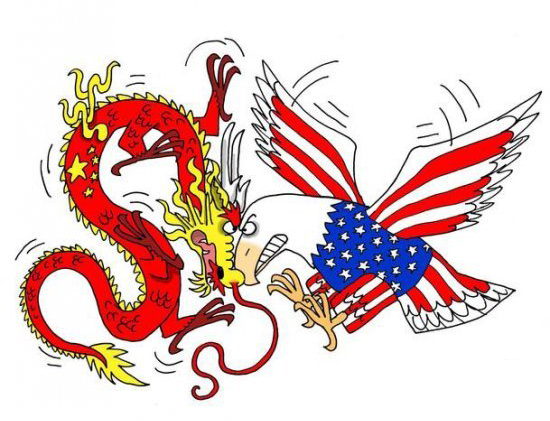
Sampson Oppedisano, Executive Assistant to the Dean, The Milano School of International Affairs, Management and Urban Policy
Feb 15, 2017
Donald Trump is a new type of political phenomena that has caught the world off guard. His unpredictability and lack of experience set the stage for a perfect storm of wild-card events that will almost certainly be an early theme during his presidency. While it is China’s decision how it reacts to Trump, tact and precision will be Beijing’s greatest defense in not only ensuring that relations with the U.S. do not deteriorate further, but in safeguarding key aspects of the current international system.
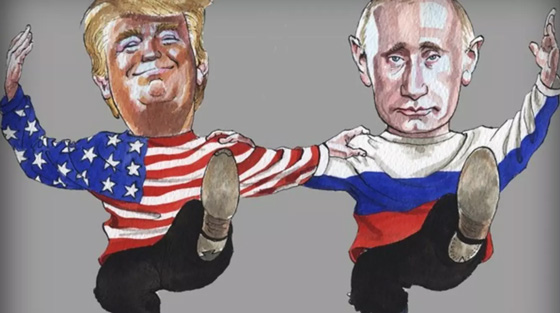
Yin Chengde, Research Fellow, China Foundation for International Studies
Feb 15, 2017
During his time in office, President Trump will relax and possibly abolish sanctions against Russia and mend the relationship between the US and Russia considerably. But the sense that Russia is a major threat and strategic opponent of the US, which needs to be contained, enjoys bipartisan consensus and represents mainstream opinion in US society. Trump must develop relations with Russia slowly and can only go so far; otherwise, his position will become untenable.
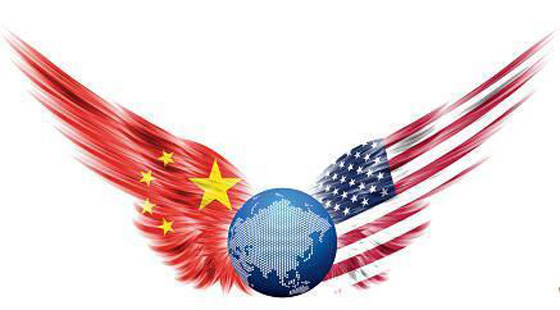
Jared McKinney, PhD student, S. Rajaratnam School of International Studies
Feb 13, 2017
It is becoming increasingly clear that over the course of the next four years, the Trump Administration is going to conduct an all-out campaign to undermine the Great-Power norms that have so far enabled peace between the U.S. and China. The result is likely to be not just instability, but a journey down the road to war.
Yin Chengde, Research Fellow, China Foundation for International Studies
Feb 13, 2017
The new president’s rhetoric on China doesn’t reflect the realities of the beneficial relationship that has been cultivated for more than 40 years. A Trump shift to a practical policy on China, so as to maintain a steady growth momentum of Sino-US relations, would not only be a blessing to China and United States, but also a blessing to the world.
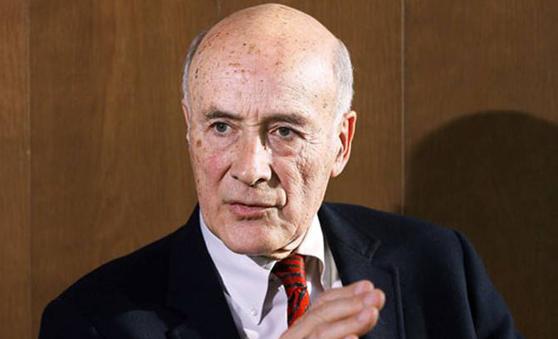
Li Wei, Senior Fellow, Pangoal Institution
Feb 13, 2017
China’s role in global governance rests ultimately on its achievements in domestic governance: A government that is capable of effectively managing a country of 1.3 billion will certainly set an example for others to follow. By pursuing step-by-step reform of the system, rather than destroying it and replacing it with a brand-new one, and by providing continuity in the globalization process, China can help the world avoid pitfalls of the past.
Cui Liru, Former President, China Institutes of Contemporary International Relations
Feb 10, 2017
The new president’s simplistic and arbitrary approach other countries is a double-edged sword that will bring a series of negative impacts on US foreign policies. While his China policy seems to be a work in progress, his sense of ‘two Chinas’ will pose a serious challenge to the diplomatic framework that has provided stability since the Nixon administration. Meanwhile, China should adhere to its own agenda and avoid being distracted by outside provocations.
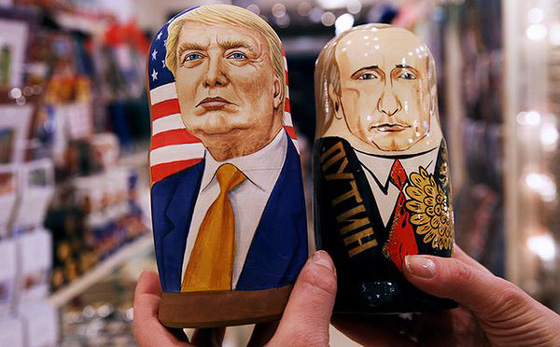
Feng Shaolei, Dean, School of Advanced International and Area Studies
Feb 10, 2017
As the three-power “triangle” re-adjusts, China’s first priority is to be confident in the diplomatic achievements it has made over the past few decades. Putin has recently pledged to “cherish the Russia-China relationship,” and the deep foundation of China-US relations that has been laid over recent years should be solid enough to survive short-term pressures.
Back to Top

- China-US Focus builds trust and understanding between the U.S. and China through open dialogue among thought leaders.
- Our Offerings
- Topics
- Videos
- Podcasts
- Columnists
- Research Reports
- Focus Digest
- Stay Connected
-
Thanks for signing up!
- Get the latest stories from China-US Focus weekly.